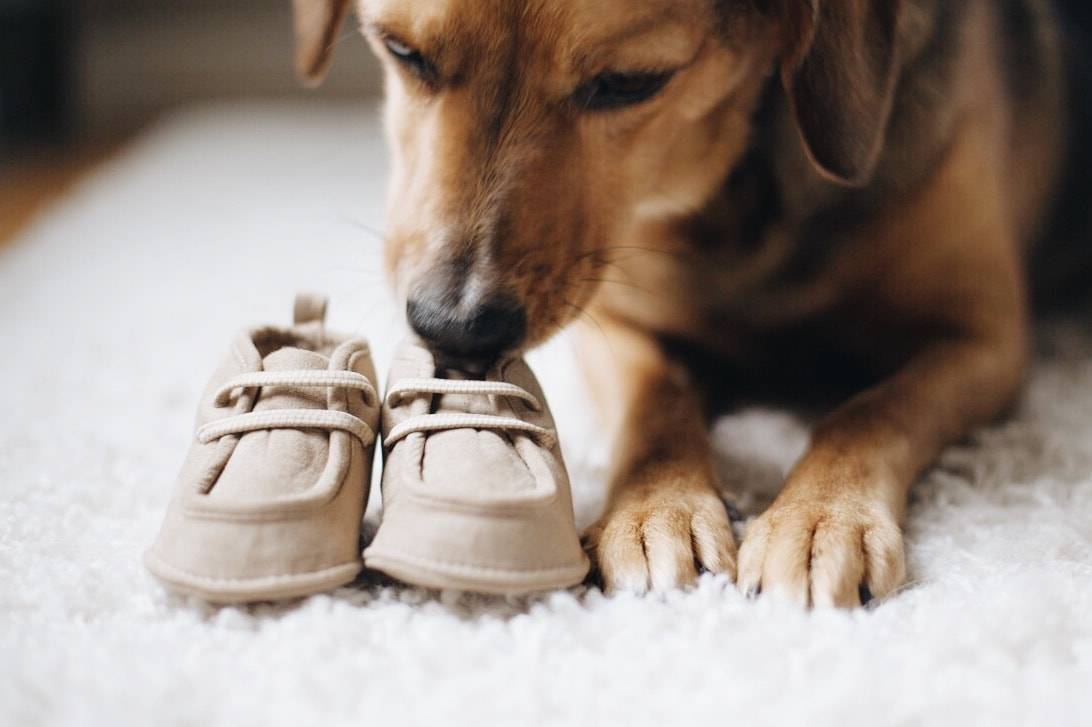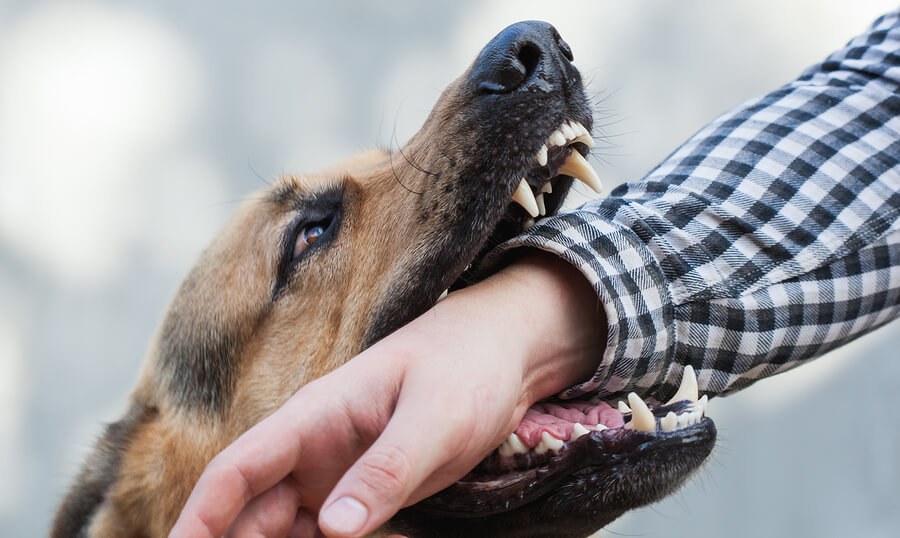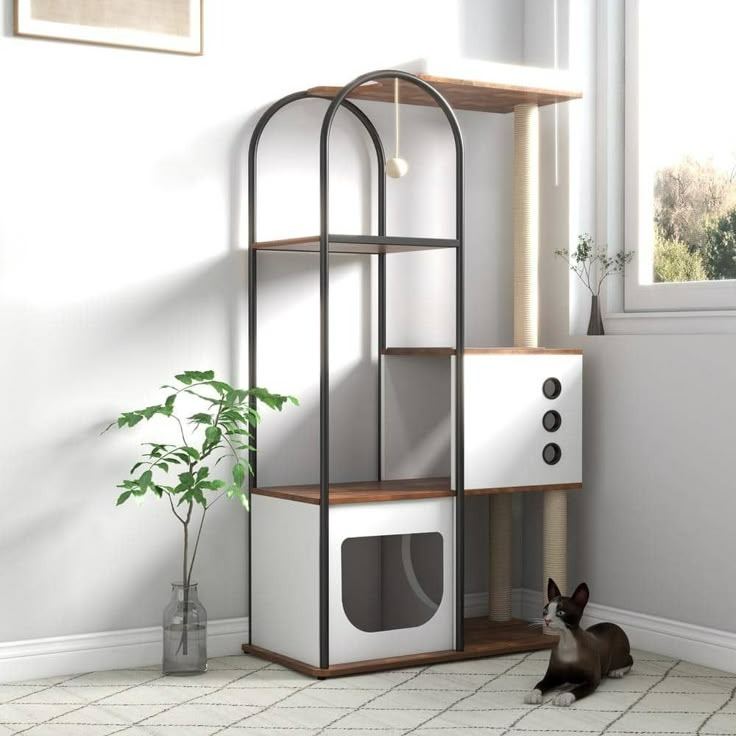Few habits appear more revolting to human sensibilities than catching pooch greedily gobbling down poop. Yet for reasons wired into canine instincts, many dogs enthusiastically consume their own or other animals’ feces unless we intervene with training and management. If your formerly fastidious Fido suddenly started snacking from the litterbox or yard piles, understanding what motivates coprophagia provides insight into curbing this nasty behavior.
Why Do Some Dogs Eat Poop?
Multiple theories explain dogs’ drive to eat excrement:
- Natural scavenging instincts – In the wild, dogs maximize calories from any edibles in scarce times, including feces. This adaptive trait lingers in modern pets.
- Nutritional deficiencies – Dogs lacking critical nutrients like vitamins, minerals or fatty acids may eat poop attempting to absorb missing elements whole.
- Hunger – When dogs don’t eat enough or have an underlying medical condition causing malabsorption of nutrients, they stay desperate to eat anything.
- Stress – Anxieties, boredom, fear, neglect and major changes commonly trigger poop eating dogs to mouth familiar “treats” for relief.
- Attention-seeking – Dogs learn repeating undesirable behaviors like stool snacking earns reactive responses from owners, even if negative attention.
- Medical causes – Conditions like diabetes, Cushing’s disease, thyroid dysfunction and gastrointestinal issues can spark sudden stool gorging.
How to Curb Poop Eating
Stopping dogs from feasting on feces involves several approaches:
Veterinary assistance – Diagnose and address any underlying physical or mental health disorders first. Stool tests check for parasites/infection.
Diet check – Eliminate malnutrition possibilities by switching to easily digestible, nutritionally balanced dog foods.
Supervision – Keep dogs away from known poop access points with leashes, confinement or constant monitoring.
Sanitation – Swiftly remove waste from yards before dogs revisit.
Deterrents – Sprinkle repellents on feces to make them unpalatable or use distraction devices activating when dogs enter off-limit areas.
Positive reinforcement – Instantly reward ignoring and moving away from poop piles with high-value treats.
Stress and stimulation relief – Ensure dogs get adequate exercise, enrichment, bonding time and soothing outlets.
With vet guidance plus consistent prevention and training, the poop eating habit often ceases within weeks. Certain triggers may still require management, but you’ll breathe easier no longer crossing fingers during every potty break!
Frequently Asked Questions
Why has my senior dog started eating poop suddenly?
Newly emerging health issues like diabetes, kidney problems, dementia distress or dental pain easily spark coprophagia what wasn’t previously an issue for senior dogs. Schedule a full veterinary work-up to catch conditions requiring treatment.
Are there risks to my dog eating poop?
Yes – they ingest harmful bacteria, parasites, toxins and even medication traces excreted from other animals. Plus blockages if consuming litter or rocks grabbed with feces. Leashing prevents this while addressing root causes.
Can I solve this withoutconstant supervision?
Yes, through installing physical barriers, using cordless deterrents, improving diets met, implementing enrichment/exercise outlet, and building confidence so the dogstops seeking poop for attention, nutrition or stress relief. But fixing any medical problems comes first.
While gross to humans, dogseating poop arises from innate survival behaviors and treatable secondary causes. Don’t react negatively every time you catch the act – instead investigate why it suddenly manifested and remedy appropriately.


